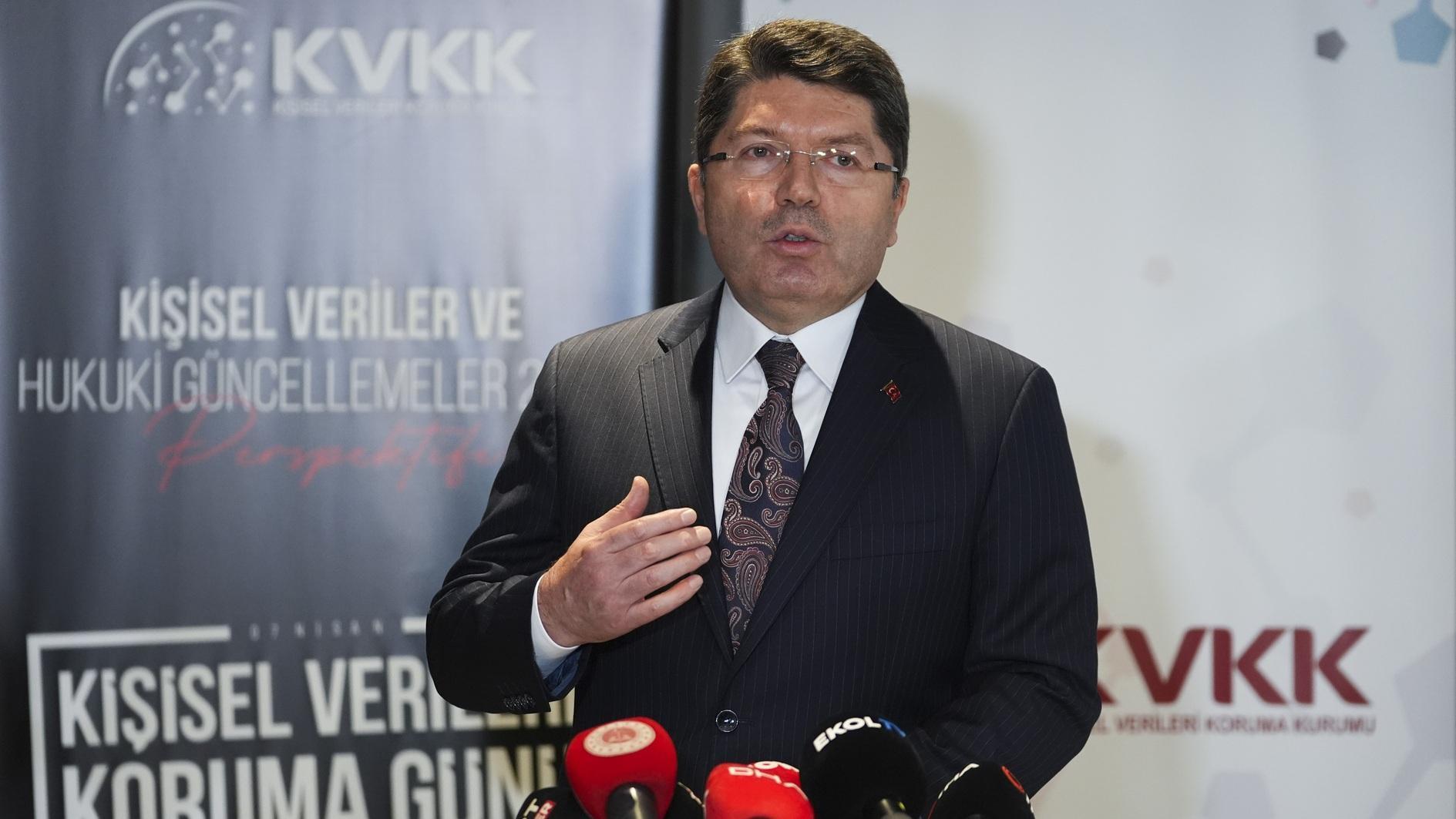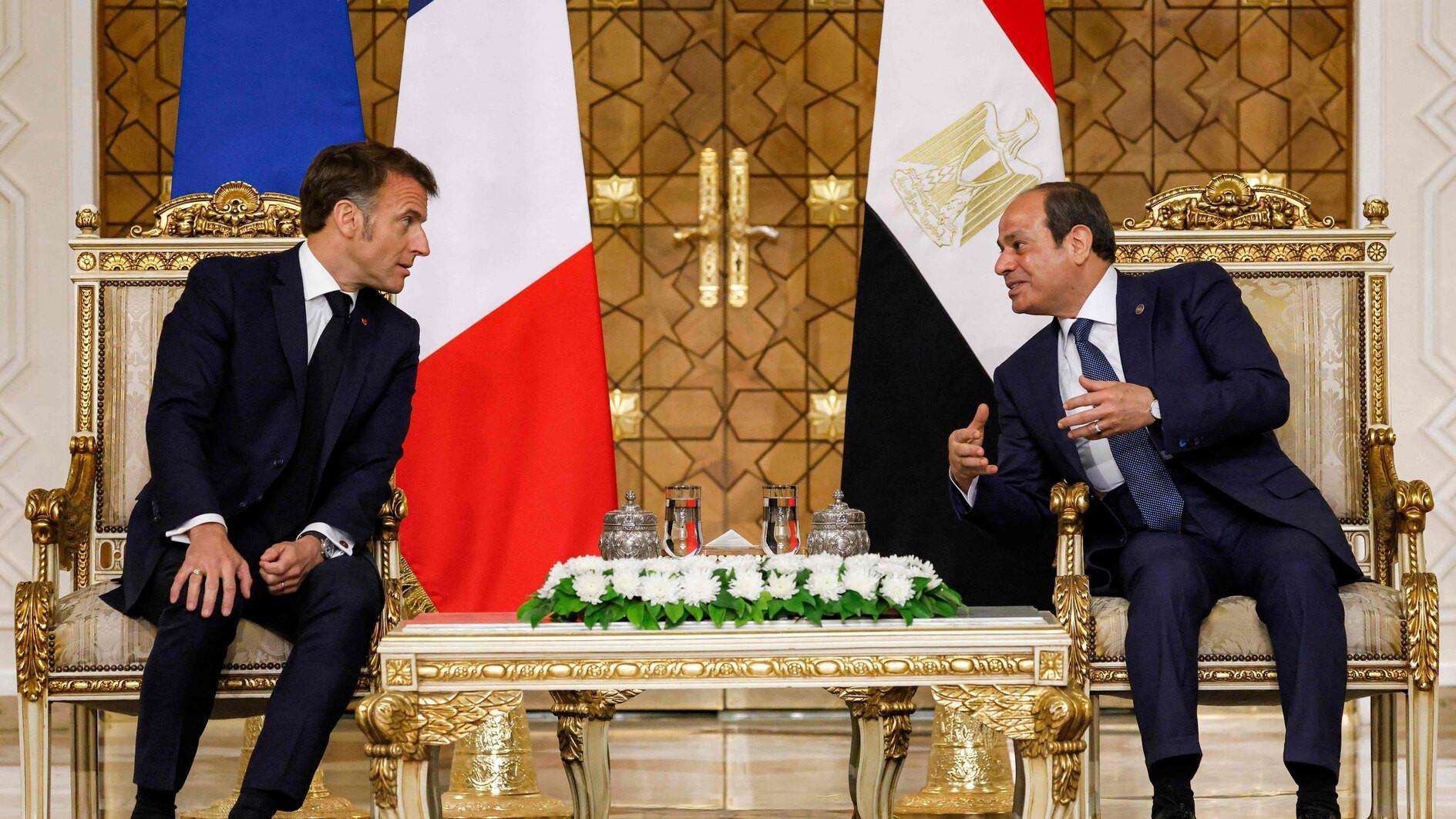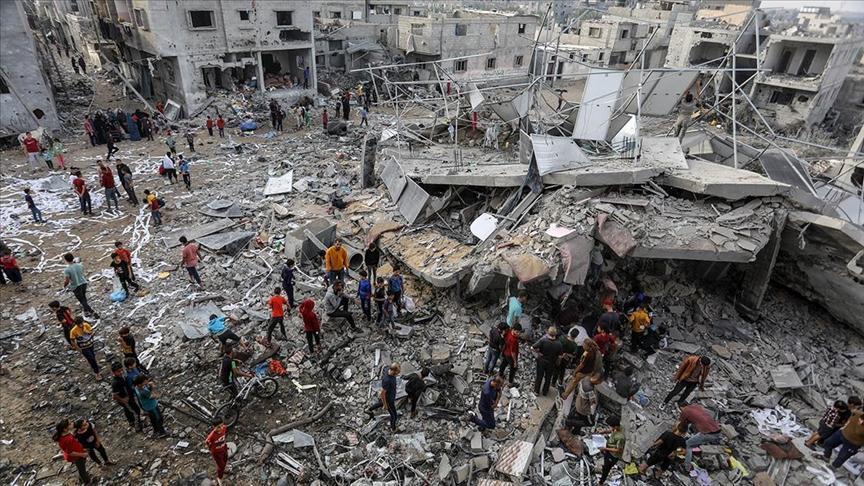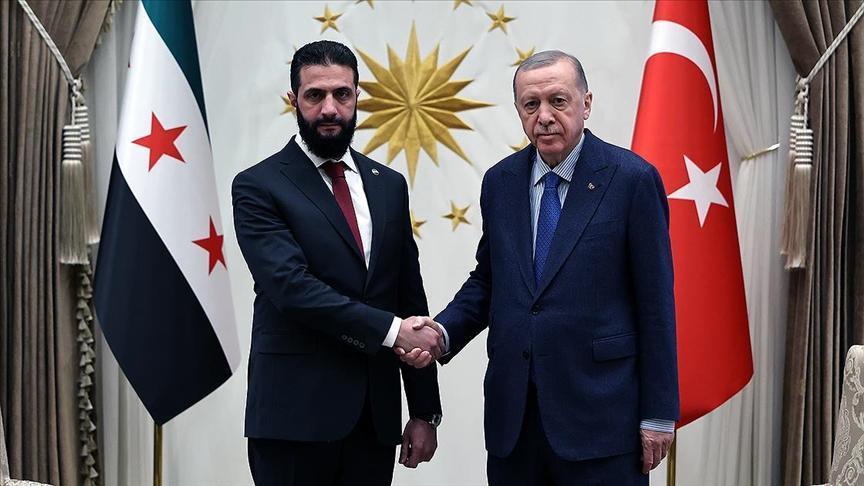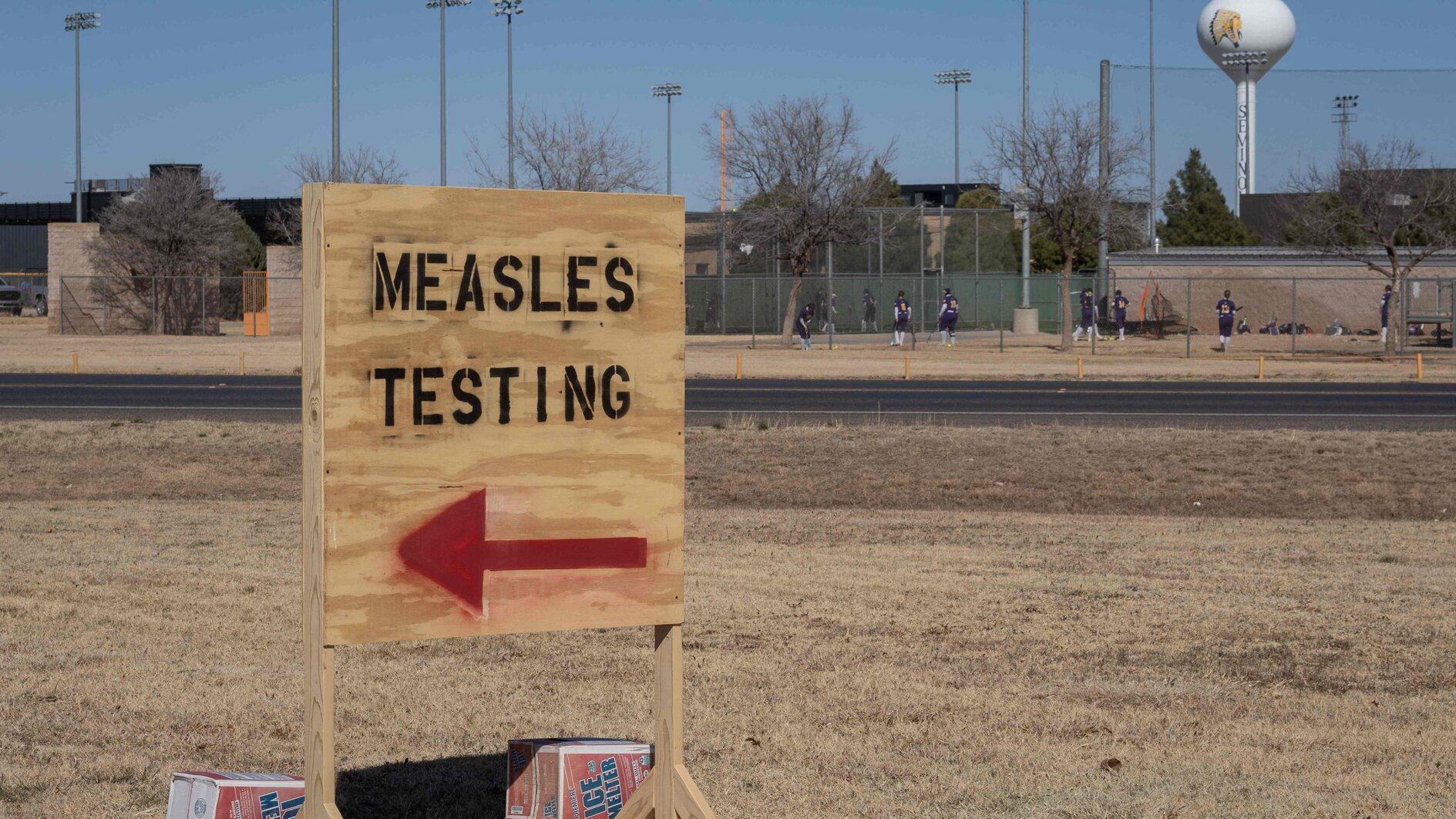Analysis on terror attack in Ankara: Naked terrorism
Murat Yetkin
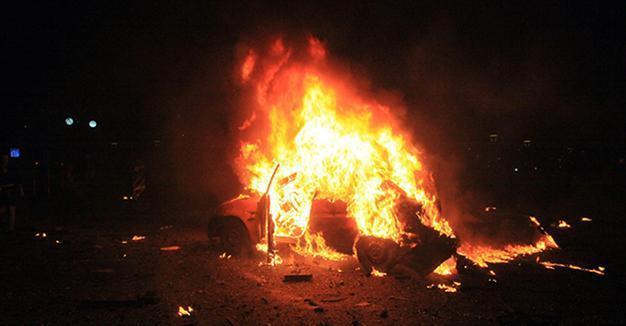
AFP Photo
A car bomb exploded next to a public bus in central Ankara on the evening of March 13, killing at least 37 and wounding 125, according to an official statement.In the last terrorist attack in Ankara on Feb. 17, not even a month ago, 29 people were killed. The Kurdistan Freedom Hawks (TAK), a shadow organization of the outlawed Kurdistan Workers’ Party (PKK), claimed responsibility for that attack, which targeted military service buses mostly carrying civilian military employees.
This time the attack was directed squarely at a civilian target: a public bus at a bus stop at a busy hour – despite being Sunday – at one of the busiest traffic junctions in the Turkish capital.
The site of the blast is just 150 meters from the Prime Ministry and the Justice and Education Ministry buildings.
The attack showed a more naked form of terrorism in that sense.
This was the third attack in a row in Ankara, the first having been organized by the Islamic State of Iraq and Syria (ISIL) on Oct. 10, 2015, killing 103 people.
After the February attack, Prime Minister Ahmet Davutoğlu announced that extraordinary security measures were on the way, starting in Ankara.
Despite a number of intelligence warnings about at least 20 suspicious cars and their plate numbers, officials failed to avert the attack.
The last attack came a day after the PKK announced that it had formed a united front against Turkey together with nine smaller, armed far-left organizations.
A massive security operation is continuing to counter a PKK uprising for autonomy as a consequence of the civil war in Syria, where the Democratic Unity Party (PYD), the PKK extension in Syria, is helping the U.S. and Russia against ISIL.
The increase in the number of terrorist attacks in Turkey, especially in Ankara, puts the government in a more difficult position.
President Recep Tayyip Erdoğan and Davutoğlu have been convening more emergency meetings after every new attack, and people are waiting for those meetings to produce more security.


